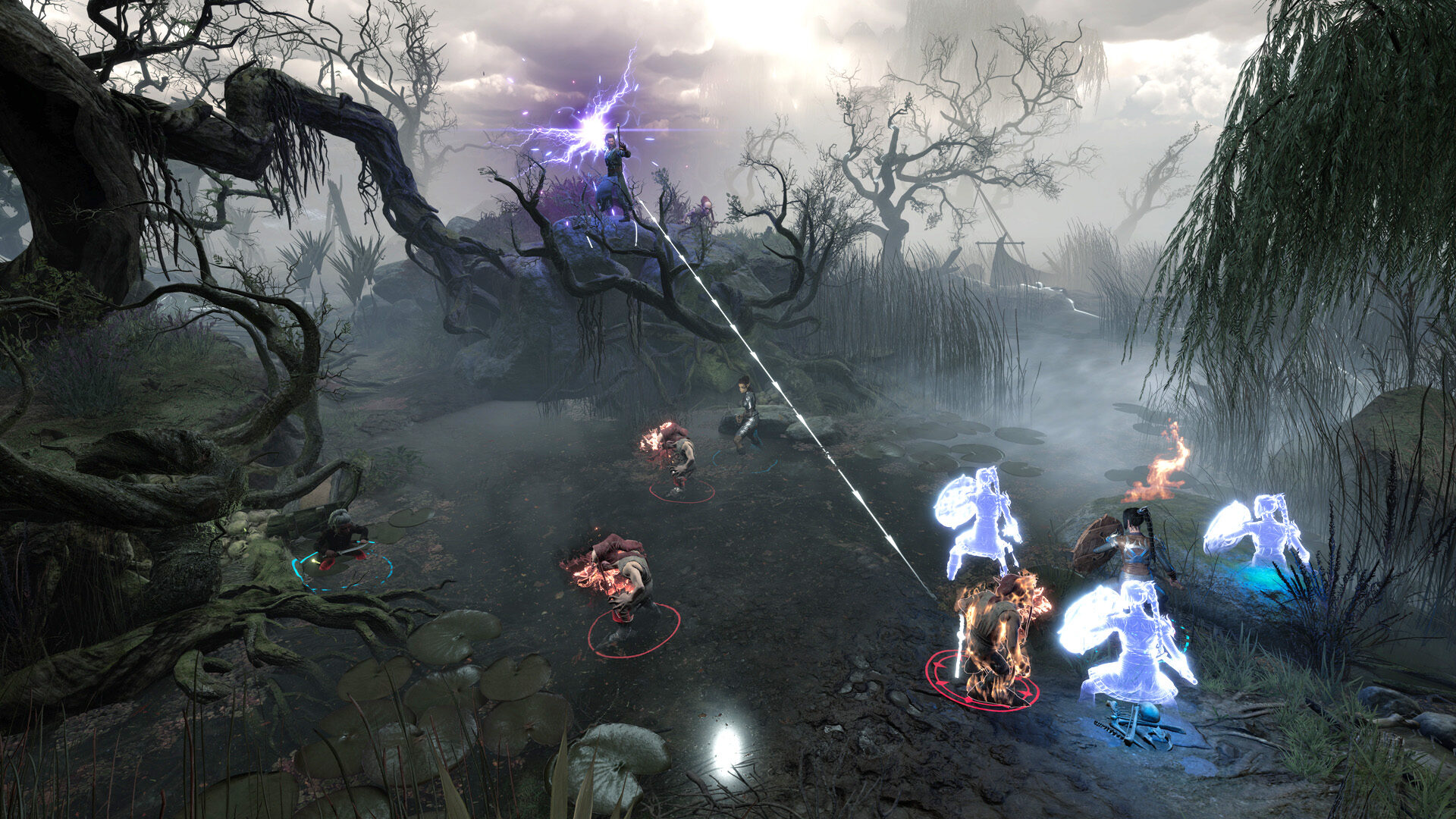Publisher: Larian Studios
Developer: Larian Studios
Platforms: PS5, PC
Release Date: 08.31.2023
While being a fan of a long-dormant video game franchise can be tough at times, there’s always one thing to remember: In our hobby, nothing is ever truly dead.
Take, for example, the fabled RPG series Baldur’s Gate. The original game launched way back in 1998, captivating fans with its mix of Advanced Dungeons & Dragons rulesets and original gameplay. It would see a sequel in 2000’s Baldur’s Gate II: Shadows of Amn, an expansion one year later, and then nothing but spin-offs or enhanced editions for the next 20-plus years.
This August, however, will see a day that many thought would never come: the official and full release of Baldur’s Gate III.
The franchise is now in the hands of Larian Studios, whose work on its own Divinity: Original Sin titles helped land it the chance to bring Baldur’s Gate back. Even with that pedigree, the team is very clear on the challenge of making a modern game that still honors its forebears, according to director of publishing Michael Douse.
“There were a lot of battles we had to navigate. We had to pick which fights to fight, which to avoid, and which to try and reach common ground on,” he explained. “In some ways, we made our jobs harder, but we knew that by taking the easy way out of certain discussions and situations, it would reduce the payoff at launch.”
One fight the team chose to engage in is, well, fights. Baldur’s Gate III shifts battles to a new turn-based system, a departure from the real-time strategy nature of previous games. Another decision the team stood by was avoiding the allure of relying heavily on storylines or characters from older games—although a familiar face or two, such as fan-favorite Minsc, will play some part in the adventure.

Instead, Larian has built Baldur’s Gate III upon a new roster of characters in some rather interesting ways. One such option is Origin Characters, a predetermined cast of heroes that you can choose to play as instead of going the fully customized character route. Anybody that you don’t pick will then show up as a part of your adventure through the game.
“You can play through as each of them, each with their own storylines. You can choose to recruit them, or not,” said Douse. “You can romance them, or not. You can betray them, or remain loyal. You can even kill them if you want. The game and the story will react to who you are, how you play, and indeed who you have in your party.”
Oh, and by the way—if you think you’re just going to do whatever you want and always get away with it, Douse told us that things might not go as planned. Depending on how you treat them, your companions might approve or disapprove of your actions, fall in love with you, get in the way of your goals, or even straight up leave your party.
“[The Origin Characters can leave] you with very human considerations to make as you play,” Douse added. “This level of depth-of-character is quite rare in games these days, but it’s what Dungeons & Dragons is about.”
Indeed, Baldur’s Gate III is without question a game steeped in many aspects and traditions of the nearly 50-year-old tabletop role-playing game. And yet, that shouldn’t cause those unfamiliar with the pen-and-paper experience to shy away from playing. No matter if you’re a longtime D&D player, a fan of the Baldur’s Gate series, or just someone who appreciates interesting video games, Baldur’s Gate III will have something to offer you—for one very simple reason.
“We’re making a game where a group of friends, or someone playing with an AI party, can sit around, take part, and tell a story together,” explained Douse. “It doesn’t really matter [what kind of player you are], because people have been sitting around fireplaces sharing stories for as long as anyone had even the concept of a memory. It is perhaps the oldest communal activity there is.”